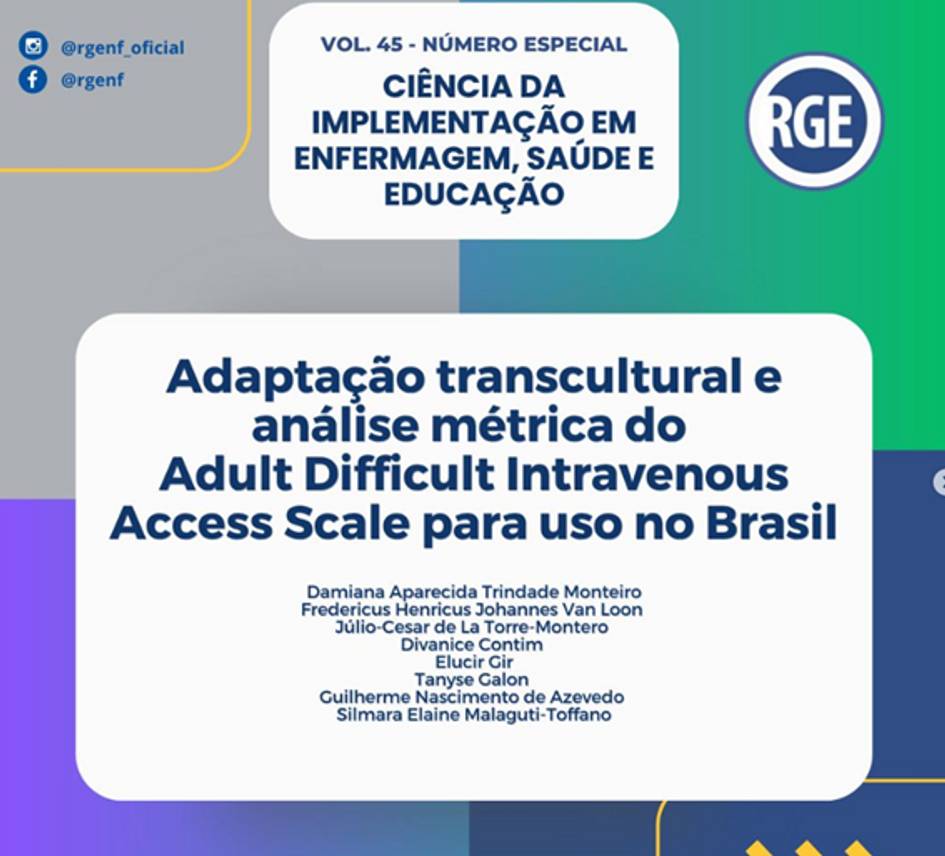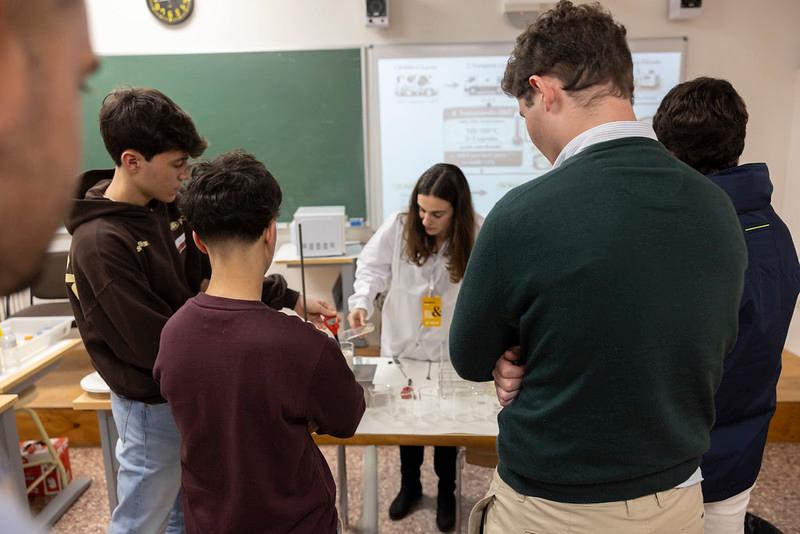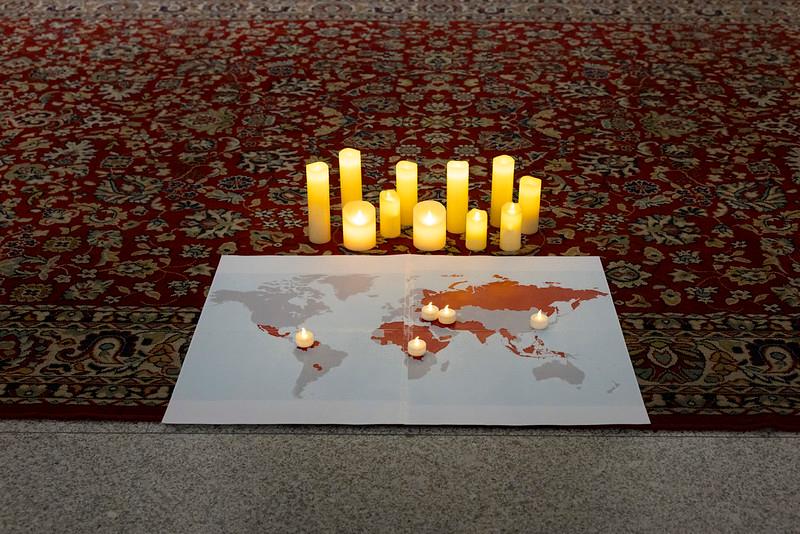The EUEF participates in an international study that validates a tool to improve venous puncture in Brazil.
The director of the San Juan de Dios - Comillas School of Nursing and Physiotherapy, Julio de la Torre, participatedin this study, published in the Revista Gaúcha de Enfermagem.

Peripheral venous puncture (PVP) is a common practice in nursing, as the peripheral intravenous catheter (PIVC) is used in up to 90% of hospitalisations. However, multiple puncture attempts can cause pain, stress and complications for both the patient and the healthcare professional.
To address this problem, theDifficult Intravenous Access Score(DIVA Score) was developed, initially for paediatric patients and later adapted for adult surgical patients. This scale is used to identify the difficulty of venous puncture and improve the chances of success in the first attempt.
In Brazil, the lack of technological resources such as ultrasound or transillumination in some health services hinders the management of difficult venous access, despite the recommendations of international guidelines.
Given that the A-DIVA scale is a predictive, practical and easy to apply instrument, and in the absence of validation studies in Brazil, this project aimed to culturally adapt and validate the A-DIVA scale into Brazilian Portuguese (A-DIVA PB).
Methodological study
A methodological study was carried out in Minas Gerais (Brazil) between February 2021 and April 2023. The study was divided into two stages: firstly, the translation of the scale from the original English version into Brazilian Portuguese, and secondly, an analysis of the metric properties with 130 adults admitted to a haemodynamics unit.
The research "Adaptação transcultural e análise métrica do Adult Difficult Intravenous Access Scale para uso no Brasil" has involved the director of the EUEF, Julio de la Torre; together with Damiana Aparecida Trindade Monteiro, from Universidade de Uberaba (UNIUBE); Fredericus Henricus Johannes Van Loon, from Catharina Hospital; Divanice Contim, Tanyse Galon and Silmara Elaine Malaguti-Toffano, from Universidade Federal do Triângulo Mineiro (UFTM); Elucir Gir, from Universidade de São Paulo (USP) and Guilherme Nascimento de Azevedo, from Hospital Regional José Alencar (HRJA).
The Brazilian version of the scale was found to be clear, reliable and easy to understand, so it can be used in clinical practice and in future studies, reduces unsuccessful puncture attempts, can guide the choice of more appropriate devices, and suggests the use of supportive technologies such as ultrasound.

A meeting to listen, share doubts and discover that talent is also built with courage

The program includes three complementary professional profiles: agricultural engineer, manager and industrial engineer

The university community came together in prayer as a gesture of commitment to peace and justice
